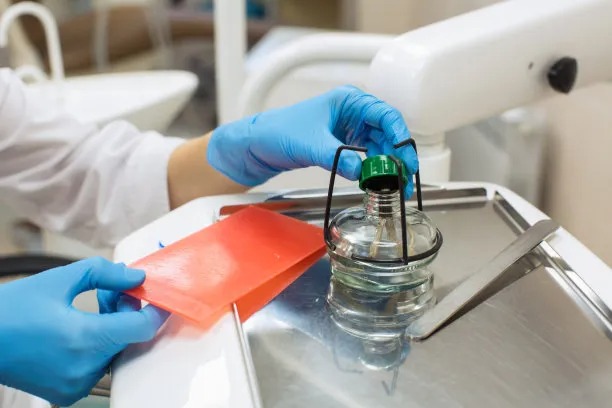Essential Precautions to Keep in Mind Before Undergoing Dental Filling Procedures for Optimal Oral Health
Summary: Dental filling procedures are essential for maintaining oral health and preventing further decay. However, to ensure optimal outcomes, patients must be adequately prepared. This article highlights four essential precautions to consider before undergoing dental filling procedures: choosing a qualified dentist, understanding the filling materials, discussing any health concerns, and preparing for post-treatment care. Each of these aspects plays a significant role in enhancing the overall effectiveness and safety of the procedure, ultimately leading to better oral health and satisfaction.
1. Choosing a Qualified Dentist

One of the most critical steps before undergoing a dental filling procedure is selecting a qualified dentist. Patients should seek professionals with appropriate credentials and extensive experience in restorative dentistry. This ensures that they are knowledgeable about various filling techniques and materials.
Additionally, it’s advisable to read reviews or seek recommendations from friends and family. Word-of-mouth testimonials can provide insights into a dentist’s skills and the atmosphere of their practice, which can affect the patient’s comfort and overall experience.
A consultation before the appointment can also be beneficial. This offers an opportunity to discuss the procedure, ask questions, and gauge the dentists communication style and level of care, all of which are essential for establishing trust and confidence.
2. Understanding Filling Materials
Before the dental filling procedure, it’s crucial to understand the types of filling materials available. Common options include amalgam, composite resins, ceramic, and gold. Each material has distinct advantages and disadvantages, such as durability, aesthetics, and cost.
For instance, composite resins are favored for their ability to match the natural color of teeth, making them ideal for visible fillings. On the other hand, amalgam fillings are known for their longevity and strength, making them suitable for molars that endure considerable chewing pressure.
Patients should discuss the best option with their dentist based on their specific dental needs and personal preferences. Being informed will not only facilitate better decision-making but also enhance satisfaction with the chosen filling material.
3. Discussing Health Concerns
Open communication about health concerns is vital before a dental filling procedure. Patients should inform their dentist of any underlying health issues, allergies, or medications they are taking. This information helps the dentist tailor the treatment to ensure safety and minimize risks.
Conditions such as diabetes, heart problems, or pregnancy can affect dental procedures in various ways. For example, some medications may interact negatively with anesthetics or other treatment elements. Therefore, transparency is crucial to prevent complications during the procedure.
Moreover, patients with dental anxiety should express these feelings to their dentist. Discussions around sedation options or techniques to relax can contribute to a more pleasant experience and reduce the likelihood of avoidance in future dental visits.
4. Preparing for Post-Treatment Care
Preparation for post-treatment care is essential for a smooth recovery after dental fillings. Patients should understand that the anesthetic used during the procedure may cause temporary numbness, affecting their ability to eat or drink. Its wise to schedule the appointment at a time that allows for adequate recovery.
Additionally, patients should be aware of potential side effects following the filling, such as sensitivity to hot and cold temperatures. Discussing these possibilities with the dentist can help set proper expectations and inform appropriate management strategies.
Having follow-up appointments scheduled is also advisable. Regular check-ups can ensure that the filling is functioning properly and that the surrounding teeth and gums remain healthy. Proper care and monitoring can extend the lifespan of dental fillings and maintain optimal oral health.
Summary:
In summary, understanding essential precautions before undergoing dental filling procedures can significantly enhance the outcomes and overall experience. Choosing a qualified dentist, comprehending filling materials, discussing health concerns, and preparing for post-treatment care are all crucial elements contributing to optimal oral health.
By taking these precautions seriously, patients can ensure that their dental fillings will serve them well, promoting long-term dental health and comfort.
This article is compiled by Vickong Dental and the content is for reference only.



